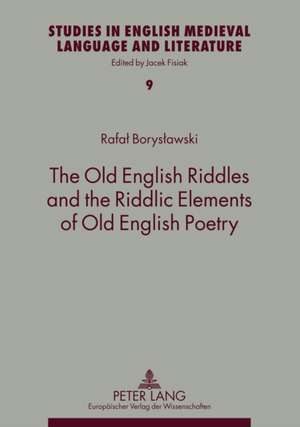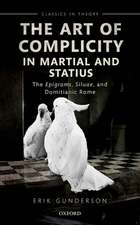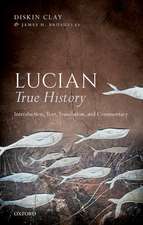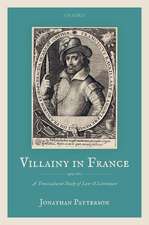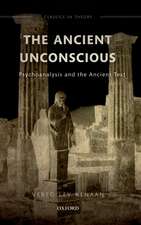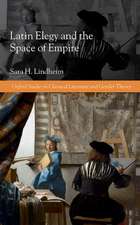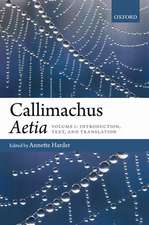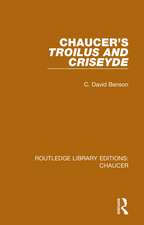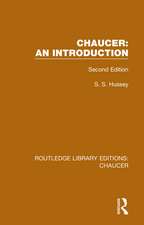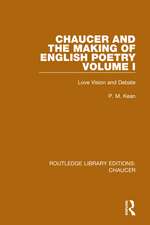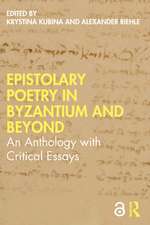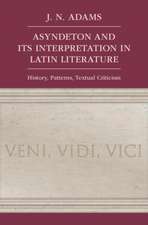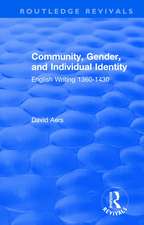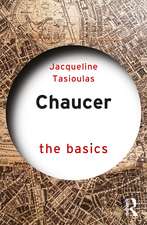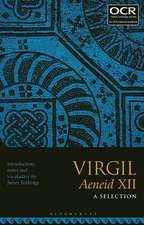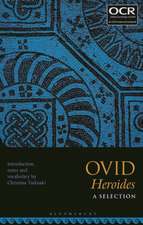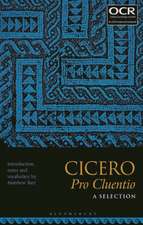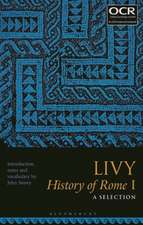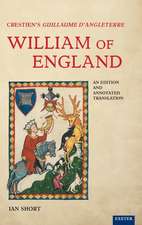The Old English Riddles and the Riddlic Elements of Old English Poetry: Studies in English Medieval Language and Literature, cartea 9
Autor Rafal Boryslawskien Limba Engleză Paperback – 3 mai 2004
Din seria Studies in English Medieval Language and Literature
- 23%
 Preț: 490.05 lei
Preț: 490.05 lei - 23%
 Preț: 434.10 lei
Preț: 434.10 lei -
 Preț: 536.22 lei
Preț: 536.22 lei -
 Preț: 319.10 lei
Preț: 319.10 lei - 23%
 Preț: 492.25 lei
Preț: 492.25 lei - 5%
 Preț: 492.93 lei
Preț: 492.93 lei -
 Preț: 493.72 lei
Preț: 493.72 lei - 23%
 Preț: 478.36 lei
Preț: 478.36 lei - 23%
 Preț: 492.25 lei
Preț: 492.25 lei -
 Preț: 457.83 lei
Preț: 457.83 lei -
 Preț: 484.58 lei
Preț: 484.58 lei - 23%
 Preț: 465.40 lei
Preț: 465.40 lei - 23%
 Preț: 547.59 lei
Preț: 547.59 lei - 23%
 Preț: 660.18 lei
Preț: 660.18 lei - 23%
 Preț: 467.05 lei
Preț: 467.05 lei - 23%
 Preț: 548.18 lei
Preț: 548.18 lei - 23%
 Preț: 592.38 lei
Preț: 592.38 lei - 23%
 Preț: 466.90 lei
Preț: 466.90 lei - 9%
 Preț: 632.17 lei
Preț: 632.17 lei -
 Preț: 294.49 lei
Preț: 294.49 lei - 23%
 Preț: 586.47 lei
Preț: 586.47 lei - 9%
 Preț: 636.30 lei
Preț: 636.30 lei - 23%
 Preț: 546.84 lei
Preț: 546.84 lei - 8%
 Preț: 440.15 lei
Preț: 440.15 lei - 8%
 Preț: 467.12 lei
Preț: 467.12 lei -
 Preț: 425.16 lei
Preț: 425.16 lei - 8%
 Preț: 420.50 lei
Preț: 420.50 lei - 8%
 Preț: 489.52 lei
Preț: 489.52 lei -
 Preț: 405.84 lei
Preț: 405.84 lei -
 Preț: 389.42 lei
Preț: 389.42 lei - 23%
 Preț: 486.91 lei
Preț: 486.91 lei - 23%
 Preț: 531.28 lei
Preț: 531.28 lei - 8%
 Preț: 404.78 lei
Preț: 404.78 lei - 23%
 Preț: 622.79 lei
Preț: 622.79 lei - 8%
 Preț: 529.78 lei
Preț: 529.78 lei - 23%
 Preț: 445.22 lei
Preț: 445.22 lei - 23%
 Preț: 584.39 lei
Preț: 584.39 lei - 23%
 Preț: 466.31 lei
Preț: 466.31 lei - 23%
 Preț: 434.40 lei
Preț: 434.40 lei - 23%
 Preț: 525.50 lei
Preț: 525.50 lei -
 Preț: 497.33 lei
Preț: 497.33 lei -
 Preț: 356.36 lei
Preț: 356.36 lei -
 Preț: 356.59 lei
Preț: 356.59 lei - 7%
 Preț: 261.40 lei
Preț: 261.40 lei - 21%
 Preț: 370.79 lei
Preț: 370.79 lei -

Preț: 401.91 lei
Preț vechi: 436.85 lei
-8% Nou
Puncte Express: 603
Preț estimativ în valută:
76.90€ • 80.52$ • 63.79£
76.90€ • 80.52$ • 63.79£
Carte tipărită la comandă
Livrare economică 07-12 aprilie
Preluare comenzi: 021 569.72.76
Specificații
ISBN-13: 9783631523599
ISBN-10: 3631523599
Pagini: 224
Ilustrații: 1 table
Dimensiuni: 148 x 211 x 15 mm
Greutate: 0 kg
Ediția:Nouă
Editura: Peter Lang Gmbh, Internationaler Verlag Der W
Seria Studies in English Medieval Language and Literature
ISBN-10: 3631523599
Pagini: 224
Ilustrații: 1 table
Dimensiuni: 148 x 211 x 15 mm
Greutate: 0 kg
Ediția:Nouă
Editura: Peter Lang Gmbh, Internationaler Verlag Der W
Seria Studies in English Medieval Language and Literature
Notă biografică
The Author: Rafä Borys¿awski is a lecturer in medieval English literature at the University of Silesia, Poland. He has published on Old English poetry and its later reception, and his current academic interests include the study of medieval representations of the humorous.
